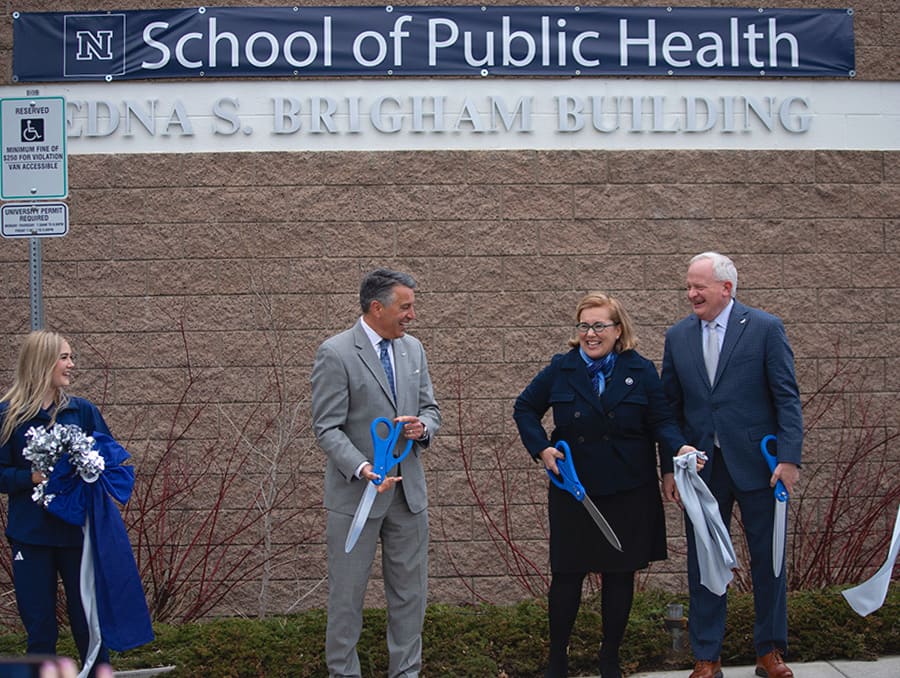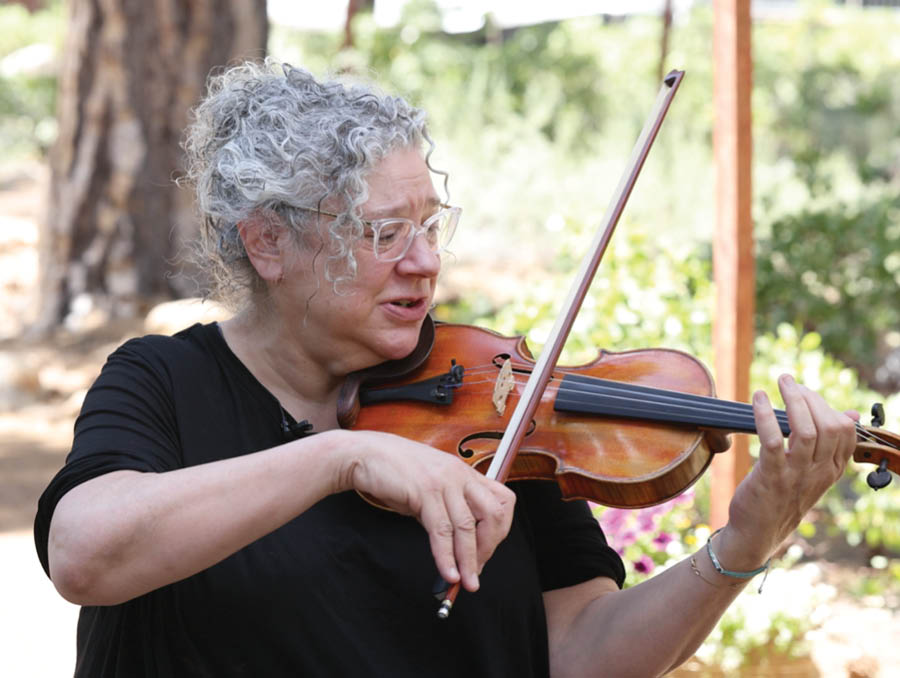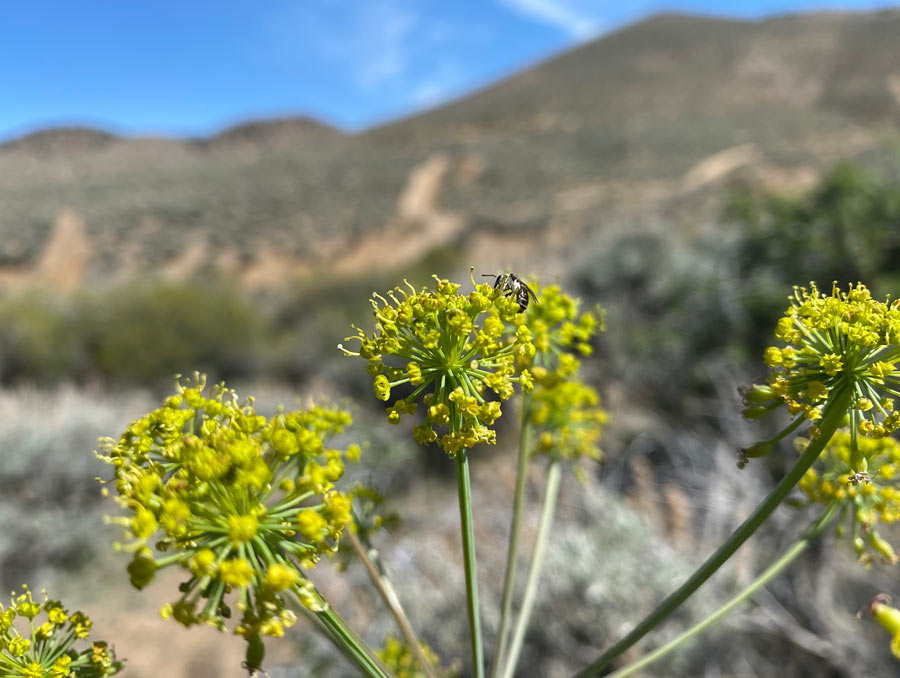Stuart Greenfield is on track to graduate in May with a degree in Economics and Business Management from the College of Business.
At age 26, his road to earning a college degree hasn’t been typical of most University of Nevada, Reno students.
When he graduated from Galena High School in Reno in 2001, Greenfield couldn’t really envision himself becoming a college graduate.
“If you would’ve told me back in high school that I’d be getting a degree in Economics and have a 3.96 GPA, I would’ve said, ‘You’re smoking something,’” said Greenfield, who enlisted in the Marines in June 2001 thinking that perhaps he’d get a chance to travel to far-away places like Australia.
He never made it Australia. He did, however, and serve several tours of duty during the United States’ war in Iraq, serving with distinction and rising to the rank of Sergeant. He said military service helped him grow as a person. By his own estimate, after seeing battlefield action on several occasions, “I was the old guy in my squad … and I was 23.”
When Greenfield’s enlistment was up in 2006, he enrolled at the University. His experience, at the beginning anyway, was filled with a little self-doubt.
“When I came to UNR I was a little hesitant,” he said, remembering how difficult it was to re-capture what seemed like long-lost study habits. “The first few days of class, I remember thinking, ‘I can’t do this.’”
Greenfield quickly overcame those initial doubts, and with time came to realize that other veterans probably had similar questions as they made their way to college campuses to earn degrees.
Since then, Greenfield has worked to better understand what can sometimes be a challenging transition for military personnel who go back to school. As president and a founding member of the Wolf Pack Veterans organization, Greenfield has played a key role in connecting veterans with support services that are available on campus through the University’s Veteran Services office. Wolf Pack Veterans provides networking, friendship, academic assistance, financial support and, Greenfield notes, “maybe most importantly, the ability to communicate with other veterans.”
To date, the organization, through local donations and support, has provided more than $6,000 to veterans who haven’t been able to afford school beyond the G.I. Bill. The G.I. Bill, which was signed into law as the Servicemen’s Readjustment Act of 1944 as a way to help returning veterans participate in education and training programs, has helped millions of veterans earn their college degrees over the years. Social historians have credited the program with almost single-handedly creating an educated workforce that would become the American middle class in the years following World War II. A post-9/11 G.I. Bill has continued that legacy.
Although the G.I. Bill endures, Greenfield, through his own experience and in talking and helping other veterans, has come to realize that much more is needed for veterans to persist and graduate from college.
“Veterans have a different perspective on life,” he said, “and I think we add a lot of value to any classroom that we’re a part of. In being part of Wolf Pack Veterans, and in working with people like Johann (Sprenger, the campus coordinator of Veteran Services), we’re all working to make our campus a more appealing place for veterans.”
As a way of better understanding the challenges facing veterans on campus, Greenfield, working with Marta Elliott, associate professor of Sociology, and Mary Groves, lecturer in the College of Business, recently completed an independent study report, “Combat to Campus.”
The report sheds light on where the University stands in comparison to 13 other similarly sized universities in the West.
Many of the findings are positive, such as the fact that the University is “above normal” regarding the services and organizations it provides the student veteran population.
In fact, Greenfield’s Executive Summary notes that, “UNR provides the most services for veterans when observing thirteen peer institutions. This includes an informative website, a veteran’s services office, career services, mental health services, financial assistance, student veteran organizations and local veteran/community outreach.”
There is still much to be done, however, particularly when you consider that it is estimated that more than two million veterans have served in the Iraq and Afghanistan wars, and of these service men and women, 523,000 have returned home from their service and have begun to receive their educational benefits. The report notes that the post-9/11 G.I. Bill could increase the student-veteran population at universities by as much as 25 percent by the end of 2010.
The biggest issue still facing returning veterans, Greenfield said, is that many still do not feel they fit on campus. There are number of factors complicating this situation, he said, noting that some veterans return home with mental and physical injuries, including Post Traumatic Stress Disorder and Traumatic Brain Injury. In addition, financial and employment considerations also come into play. Greenfield’s Executive Summary notes that veterans between the ages of 18 and 24 face an unemployment rate nearly double that of the nation’s 2009 unemployment rate.
“And finally, there’s the transition from solider to student, which can be difficult and cause a culture shock,” Greenfield said.
He remembered one of his own experiences in class at Nevada as an example. In an Organizational Behavior Class, Greenfield’s professor asked the class to raise hands if they had ever been in a stressful situation. As the students talked about their various stressful situations, Greenfield contributed his as well. It didn’t really dawn on him until after he had spoken very matter-of-factly, that his story of stress was a few notches higher than the average person’s.
“I just kind of stated it (a real wartime experience) as it had happened, and the stress of the situation was what we were supposed to do next,” Greenfield said.
For the University to continue to meet the needs of its veteran student population, Greenfield said the institution should continue to focus on creating an environment “that allows a student veteran to focus on his or her education and establish a network that allows the student veteran to transition to UNR and the community.”
To do this, Greenfield has recommended designing and implementing a student veteran-focused orientation, creating a “Combat to Campus” information guide, and establish a dedicated physical location for all student veterans to gather information, network, study, relax and offer mutual support.
“The costs and implementation of the first two are low and not labor-intensive,” Greenfield said. “The creation of a student veteran center would have higher costs, but would also provide the most benefits in a more efficient manner.”
Greenfield, who married his longtime girlfriend Andrea, a 2006 graduate of the University’s Orvis School of Nursing, upon returning from active duty and who also works 36 hours a week for Bank of America as an associate, said that the work involved with such future projects is well worth it.
If anything, he said, his military service has taught him the value of time. Time not necessarily in the sense of living by the clock, though that is always important. Rather, time in the sense of living meaningfully …. and having a memorable impact on the world.
“That’s really why the military experience has been so valuable to me,” he said. “It makes you value what’s important in life. For me, I’ve known that what I value most is time. I always want my time to be valuable.”
To find out more about services available to veterans on campus, visit the Veterans Services website.
Editor’s Note: Wolf Pack Veterans will award $3,700 in scholarship money for the 2010 spring semester under the “Fallen Wolf Scholarship” program on Thursday, Jan. 28. The event begins at 5:30 p.m. and will be held in Room 423 of the Joe Crowley Student Union.











